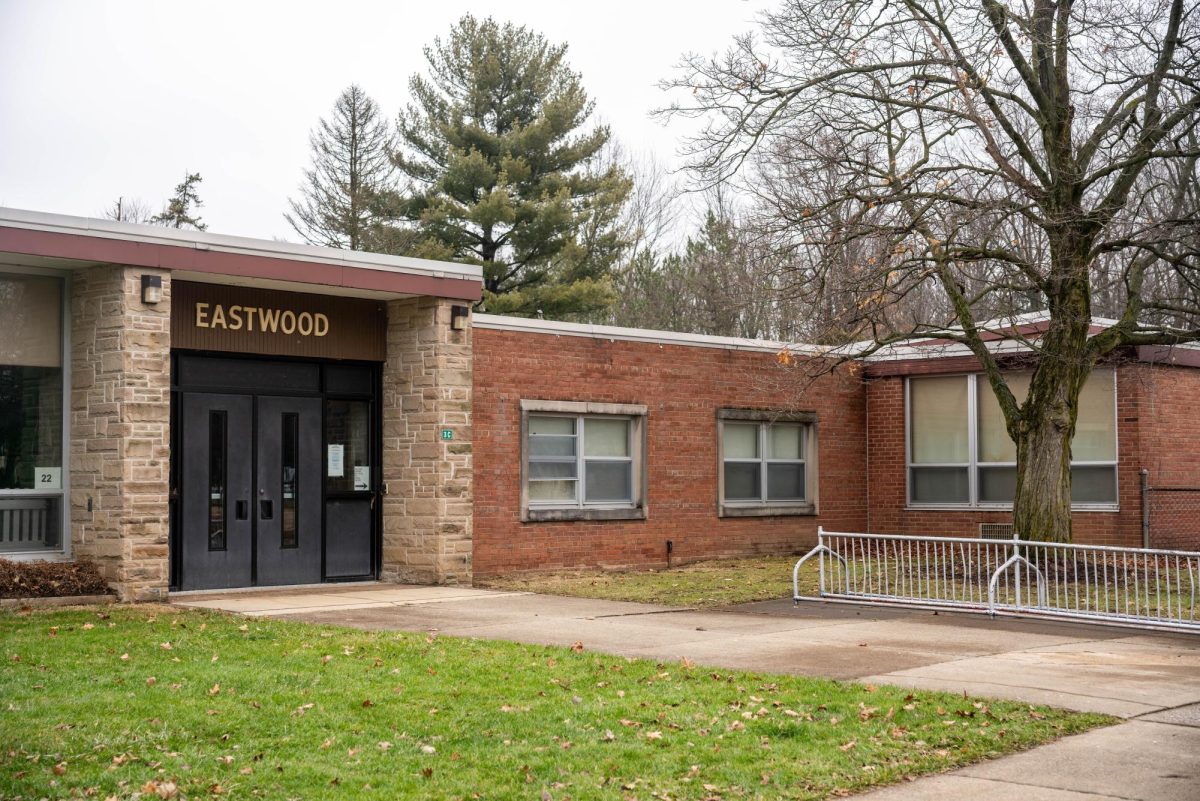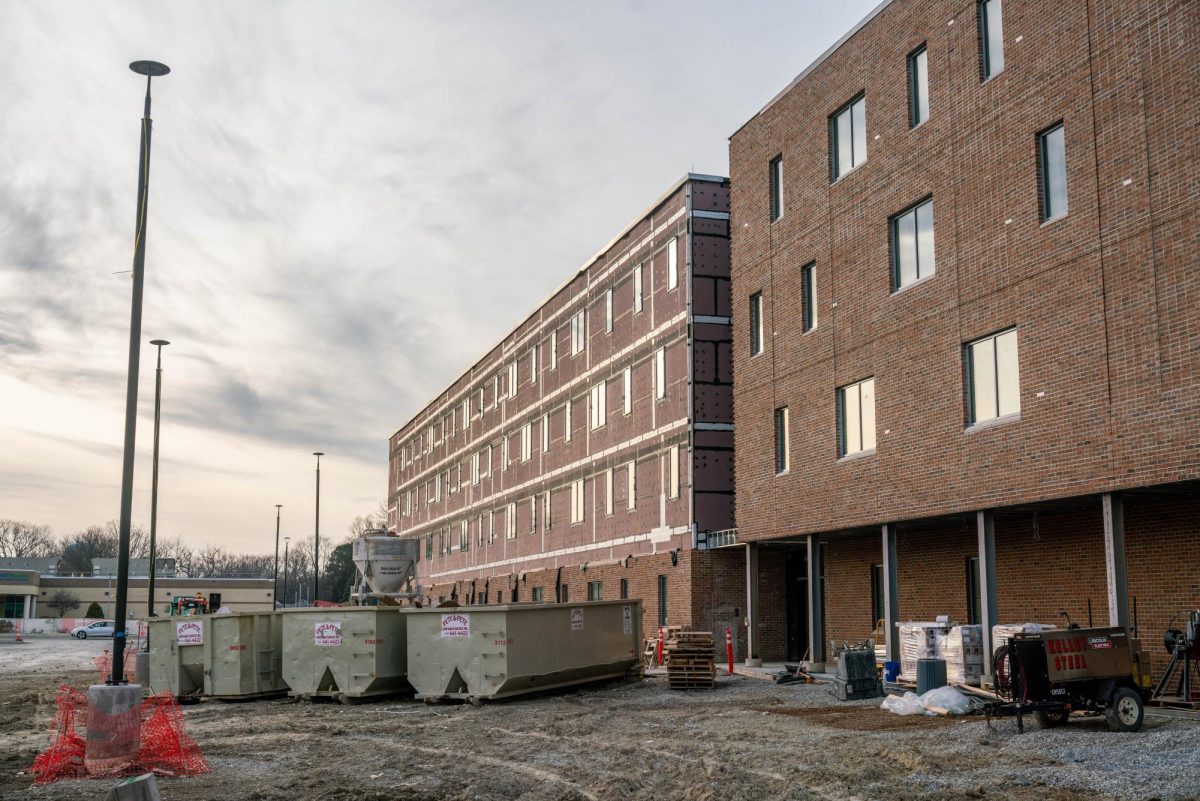On Oct. 16, the Oberlin City Council resolved to adopt the Lorain County 2024–33 Solid Waste Management Plan.
The plan is the result of Ohio House Bill 592, which stipulated that all 88 Ohio counties must be a member of a solid waste management district. There are currently 52 districts. Oberlin is part of the Lorain County Solid Waste Management District, which has prepared this current plan to last for the next 10 years.
The State of Ohio has outlined the goals behind their push for solid waste management plans: first, 80 percent of the population should have access to recycling; second, at least 25 percent of all residential and commercial waste should be recycled.
The Lorain Solid Waste Management District is already in compliance with the first objective and aims to meet the second goal with this plan. The district has decided to aim for a higher threshold of recycling 35 percent of all residential and commercial waste by the end of the plan period.
In his letter to City Council asking for it to ratify the plan, Director of Public Works Jeff Baumann called the plan “realistic though not ambitious,” with the City of Oberlin itself having a much more aggressive goal of achieving 90 percent waste reduction over the next 30 years.
Baumann wrote in his letter that the plan would not significantly impact either the City’s waste and recycling collection, or the budget dedicated to the Solid Waste Enterprise Fund.
Alarmingly, the district’s current predictions forecast recycling rates gradually declining from 21.46 percent in 2019 to 19.25 percent at the end of the planning period in 2034.
As a result of changes made in past years, Oberlin’s recycling rate has also declined. Before the COVID-19 pandemic, the City’s recycling rate was 29.38 percent, which has fallen to about 24 percent due to the introduction of a subscription-based recycling service, which was launched November 2020 and requires residents to opt into the program and make a pledge not to contaminate their recycling. The service is free of charge.
Baumann explained the decision to switch to a subscription-based model was in response to a huge increase in the cost of recycling at the Republic Recycling Center in Elyria, where the City currently sends its recycling. From April 2019 to January 2020, Republic increased the City’s recycling fee from $27.50 per ton to $100 per ton. The facility also added a contaminated load charge of $75 per ton, which the City of Oberlin largely avoids paying by requiring residents to pledge not to contaminate their recycling before they can opt in to the program. The City also stopped accepting glass as recycling because it heavily increased the costs of transporting recycling to the Republic Center.
When asked how the City planned to reach both the 10- and 30-year targets in the face of currently declining recycling, Baumann explained a few new initiatives that the City is planning to introduce.
One of these is a glass recycling program, which he hopes will be deployed either in late spring or early summer 2024. He explained that the Ohio EPA had given Oberlin a grant to buy a glass-crushing machine that the City could use to crush waste glass to use in road construction.
Another initiative will expand the City’s current food composting program to curbside pickups on a subscription basis. The City runs its food composting program through Barnes Nursery, and is exploring the possibility of Barnes Nursery building a Class II waste compost facility in Oberlin, which would cut down on the cost of trucking all the waste food to the existing facility.
Another portion of the plan discussed the importance of Lorain County Community College and Oberlin College to the recycling programs. Neither college responded to the commercial recycling survey in 2019, which meant that the Lorain Solid Waste Management District did not have access to their recycling rates. The plan recommends developing a partnership with both institutions as they could play a vital role in developing the district’s recycling initiatives.
Baumann told the Review that he felt the plan did well to focus on recycling but did not sufficiently address reducing or reusing waste.
“For me, the more important part of the equation is, how do we eliminate waste on the front end?” he said. “Obviously, [the City of Oberlin has] a longer-term and much more aggressive goal. But the only way to meet that is to reduce the amount of stuff that we dispose of. That’s a societal problem. It’s a cultural problem. It’s a manufacturing problem. We probably don’t have as much control over that on the front end, so it becomes a question of our educational and promotional efforts. … It’s something as simple as taking your own shopping bag to the grocery store or your own coffee cup into the coffee shop for a refill rather than getting a paper cup. It’s literally thousands and thousands of small actions like that.”







